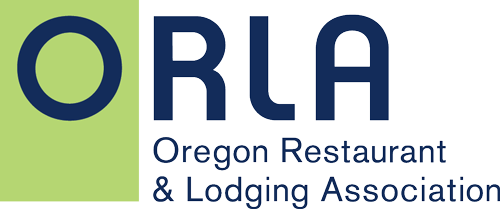Blog
The hospitality industry is a gateway to opportunity, where entry-level roles lay the foundation for dynamic and rewarding careers. Hear from 5 operators in Oregon who share how hospitality was not just a career path, but a launchpad for their entrepreneurial ambitions and their successes. Back to Blog
Read MoreJoin fellow industry leaders, owners and operators for this multi-day event of illuminating keynotes, informative seminars and breakout sessions and networking. There’s something for everyone at this annual event and we promise you will have fun too! Learn more at ORLAhospitalityconference.com. Back to Blog
Read MoreHB 3197 threatens to impose a new sales tax on beer, wine, and cider, putting more pressure on local businesses and driving up prices for consumers. Lawmakers need to hear directly from you! Take action today-submit testimony, attend the hearing, or contact your representatives via email to help stop this harmful bill. Back to Blog
Read More
